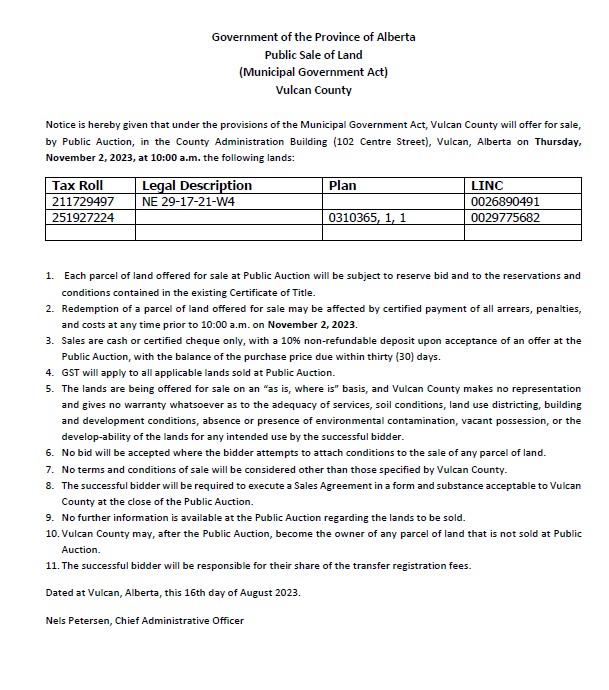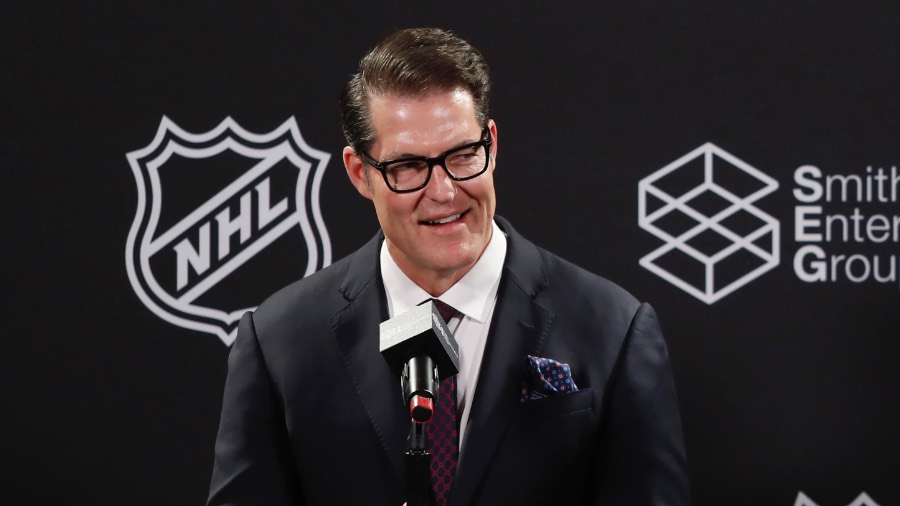Car Dealerships Renew Their Opposition To Electric Vehicle Mandates: What's At Stake?

Table of Contents
Financial Implications for Dealerships
The transition to EVs requires substantial financial commitments from dealerships, many of which already operate on thin profit margins. The added costs associated with electric vehicle mandates pose a serious threat to their financial viability, especially for smaller, independent dealerships. Let's break down the key financial challenges:
- High upfront investment in EV infrastructure: Dealerships must invest in charging stations, specialized tools for EV servicing, and potentially remodel their facilities to accommodate these changes. This represents a significant capital expenditure that can strain their resources.
- Reduced profit margins on EVs: Currently, profit margins on EVs are often lower than on gasoline-powered vehicles. This is due to several factors, including higher manufacturing costs and intense competition. Lower per-vehicle profits directly impact dealership revenue.
- Need for significant employee retraining: Servicing and selling EVs requires specialized knowledge and skills. Dealerships must invest in comprehensive training programs for their staff, adding to their overall costs.
- Uncertainty surrounding government incentives and consumer demand: The fluctuating nature of government incentives and the unpredictable pace of consumer adoption create further financial uncertainty for dealerships, making long-term planning extremely challenging.
The financial burden of adapting to electric vehicle mandates is substantial, threatening the very existence of many dealerships unless appropriate support mechanisms are put in place.
Logistical Challenges and Inventory Management
Effectively managing EV inventory presents a significant logistical challenge for car dealerships. The complexities involved extend beyond simply stocking vehicles; they encompass forecasting, supply chains, and service capabilities.
- Difficulty in accurately forecasting EV demand: Fluctuating government policies and consumer hesitancy make predicting EV demand incredibly difficult. This leads to potential overstocking or, conversely, critical shortages, both of which can negatively impact profitability.
- Challenges in managing EV inventory: Longer lead times for EV deliveries compared to gasoline vehicles and potential supply chain disruptions further complicate inventory management. Dealerships need robust systems to track and manage this complex inventory.
- The need for dedicated EV service bays and trained technicians: Servicing EVs requires specialized equipment and trained technicians. This puts a strain on existing resources and necessitates investment in new infrastructure and staff training.
- Limited availability of public charging infrastructure: A lack of widespread public charging infrastructure impacts consumer confidence and sales. Consumers are hesitant to purchase EVs if they worry about charging access during long journeys.
These logistical challenges highlight the need for better coordination between manufacturers, dealerships, and government agencies to streamline the EV supply chain and support the transition.
Consumer Concerns and Market Readiness
While consumer interest in EVs is growing, several factors are hindering widespread adoption, directly impacting dealership sales prospects and reinforcing their opposition to EV mandates.
- Range anxiety remains a significant barrier: Many consumers are still concerned about the limited range of EVs and the availability of charging stations, particularly during long journeys.
- High purchase prices limit accessibility: The higher initial purchase price of EVs compared to gasoline vehicles makes them inaccessible to a substantial portion of the market.
- Lack of widespread public charging infrastructure: This lack of infrastructure remains a significant deterrent, creating "range anxiety" and hindering the adoption of EVs.
- Concerns about the availability of repair services and parts: The relative newness of EV technology and the specialized expertise required for repairs may also cause consumer hesitation.
Addressing these consumer concerns is crucial for stimulating EV adoption and mitigating the opposition of dealerships to electric vehicle mandates.
The Role of Government Policy and Incentives
Government policy plays a pivotal role in shaping the EV market. However, the current landscape is characterized by rapid changes and inconsistencies that make it difficult for dealerships to make informed business decisions and invest confidently in the EV transition.
- Rapidly changing government regulations and incentives create uncertainty: Frequent changes in regulations and incentives create a volatile environment for dealerships, hindering their ability to make long-term strategic plans.
- Inconsistencies in government support across regions: Differences in government support across regions and countries create further complexity for dealerships operating in multiple locations.
- The effectiveness of existing incentives needs careful evaluation: Current incentives need to be assessed to ensure they effectively drive consumer adoption without negatively impacting the financial viability of dealerships.
Clear, consistent, and well-supported government policies are essential to fostering a stable and sustainable transition to EVs.
Conclusion
The opposition to electric vehicle mandates from car dealerships stems from legitimate concerns about financial viability, logistical hurdles, and consumer market readiness. Addressing these issues requires a collaborative approach involving government, manufacturers, and dealerships to ensure a smooth and sustainable transition to a more electrified automotive future. Ignoring these concerns will only exacerbate the challenges. Understanding the challenges faced by dealerships is crucial for creating effective policies that encourage EV adoption without jeopardizing the stability of the automotive industry. Let's foster a constructive dialogue to overcome these obstacles and accelerate the responsible implementation of electric vehicle mandates, finding solutions that work for all stakeholders.

Featured Posts
-
 Ovechkin On The Brink 893 Goals And Counting
May 16, 2025
Ovechkin On The Brink 893 Goals And Counting
May 16, 2025 -
 Real Madrids Ancelotti And La Ligas Tebas Spar Over Fixture Schedule
May 16, 2025
Real Madrids Ancelotti And La Ligas Tebas Spar Over Fixture Schedule
May 16, 2025 -
 Knicks Prove Depth Without Jalen Brunson
May 16, 2025
Knicks Prove Depth Without Jalen Brunson
May 16, 2025 -
 High Bids For Kid Cudis Possessions At Public Auction
May 16, 2025
High Bids For Kid Cudis Possessions At Public Auction
May 16, 2025 -
 Analyzing The 2025 Nhl Draft Lottery Will The Utah Hockey Club Win
May 16, 2025
Analyzing The 2025 Nhl Draft Lottery Will The Utah Hockey Club Win
May 16, 2025
